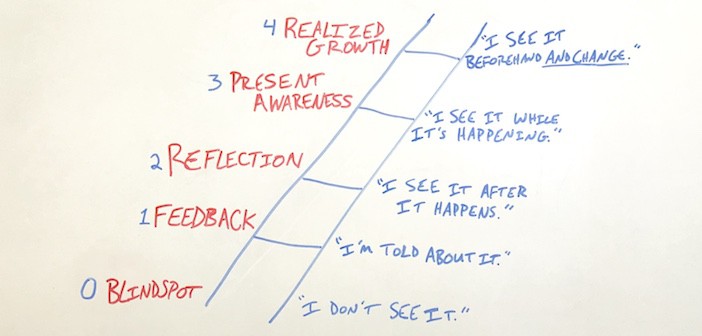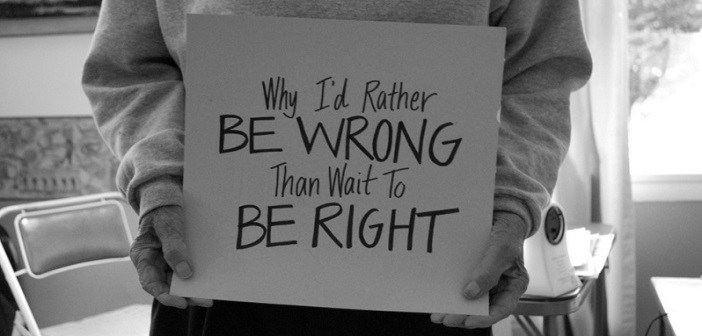The common organizational reaction to any mishap is simple… “We need a rule to keep that from happening again.” And while this may seem reasonable in the moment, the culmination of this type of decision-making results in a spider web of red tape that is cumbersome for even the most tenured employee to navigate.
.
Organizations often attempt to change behavior with policy. The problem is that everyone over the age of 12 behaves according to what they think is best, not what you think is best. Our behavior is a direct result of our thinking (Paul hints strongly at this in Romans 8:5). So if you want people to behave differently, you have to help them think differently. You have to change their paradigm before you dictate them with policy. But people change their paradigm only when a new way of thinking is relevant to them; when it has understood purpose. In fact, purpose is generally the missing link between paradigm and policy. Unfortunately, many policies are relevant only to a very select few, and thus bad policies.
.
Bad policies usually result from reactionary decisions based on isolated circumstances. For the majority, they serve no purpose. And so people either ignore them or are frustrated by them (and often a combination of both). [I once was a part of a church that didn’t allow candles in weddings held there. Apparently, a candle once caught a window sill on fire and the policy was enacted immediately. Imagine the looks of future couples when told their wedding had to be candle-free.] Sometimes your organization doesn’t need policy to solve problems; it just needs experience.
.
People act according to what they think is best. And you can’t change paradigm with policy. Show relevant purpose or spare the red tape.



